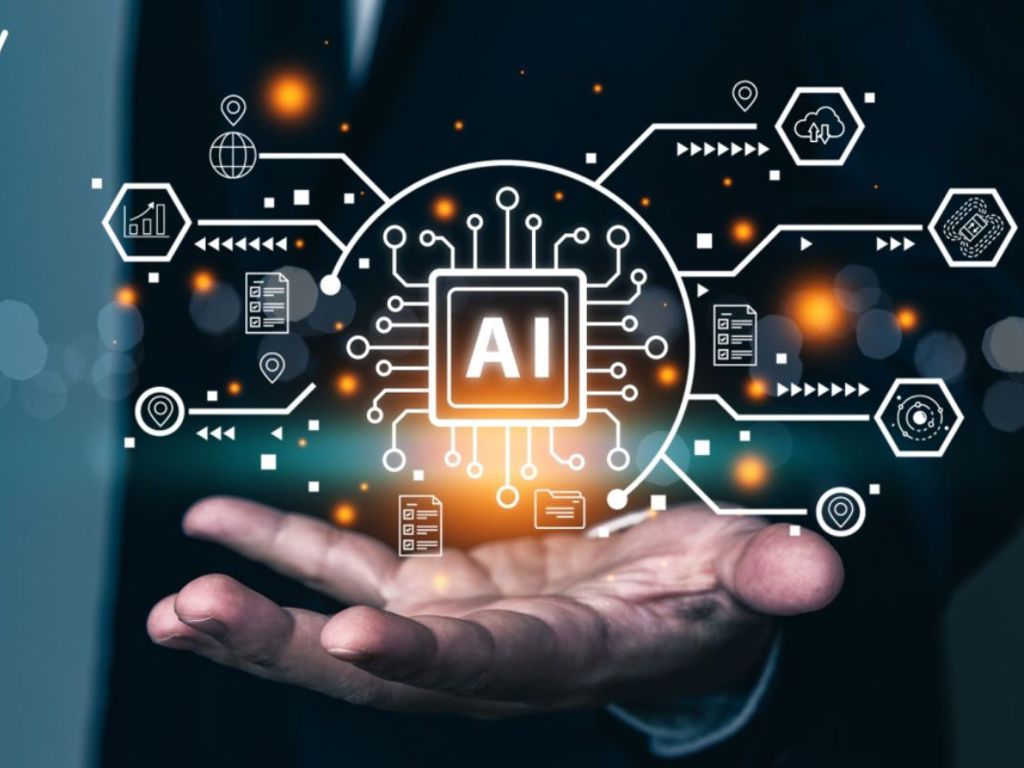AI expert: The financial sector is at a crossroads requiring courage, learning and employee involvement
According to Erik David Johnson, the employees' own input is needed to ensure that AI is used in an effective and ethically sound manner.
AI does not replace humans. But…
AI development is taking quantum leaps. Where AI models previously took small steps towards artificial general intelligence (AGI), new models have jumped straight to a much higher level of intelligence.
This means that digital agents – so-called "AI colleagues" – will in future be able to solve far more complex tasks than before.
"AI will not replace humans, but those who learn to use it wisely will outpace those who don't. Therefore, it's crucial for management and employees alike to invest time in learning about the technology, and, for the sake of your own career, to play and experiment with tools such as ChatGPT or Copilot," he says.
Erik David Johnson's good advice for implementing AI
- Think big from the beginning and set goals for what you want to achieve by using AI in your company.
- Involve the employees who will be working with AI in its development within the company. This produces better results, enhances efficiency and provides more transparency in addition to a better working environment.
Putting employees first
As AI will both change employees' tasks and "have a significant impact" on the working environment, training is a key factor in several areas.
Erik David Johnson also recommends establishing company forums to facilitate the sharing of positive experiences, from technical skills to overcoming cultural barriers that may impede innovation.
His experience from numerous assignments shows that middle managers' assurances that they will "represent the employees" when AI is to be developed for those employees are not enough.
"Management must be removed from the development process. The employees' own input is needed to ensure that AI is used in an effective and ethically sound manner. Using AI for performance measurement and decision support may cause uncertainty among employees, particularly if the processes are not transparent, or if employees feel watched or assessed based on unknown AI models, which may in turn result in loss of motivation and threaten their sense of well-being," he says, adding:
"Therefore, it's crucial that companies take steps to ensure that the implementation of AI solutions is focused on openness, fairness and employee involvement. AI should be seen as support to the work carried out – not as a hidden control mechanism. AI can relieve employees of routine tasks and, thus, provide you with a more meaningful work life, if handled properly."
AI's ability to collect and analyse large amounts of data also raises concerns about how it could be used on employees without them knowing about it.
Erik David Johnson believes it is more about data than AI.
"If you collect performance data on individuals, it could be used for unethical purposes - by reports and by AI," he says.
Ansvarlig AI
Ansvarlig AI kræver bl.a. medindflydelse, kompetenceudvikling og klare etiske retningslinjer.
Bliv klogere på ansvarlig AI





